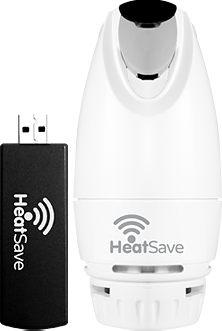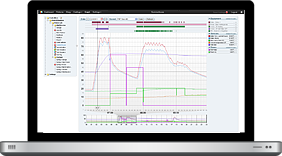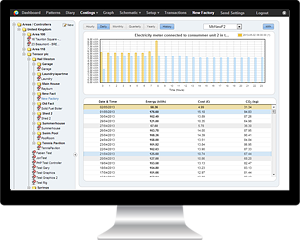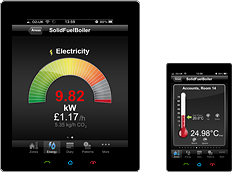UK government launches new consultations on energy efficiency for non-domestic properties

The UK government has recently opened up two new consultations on the topic of energy efficiency for non-domestic properties, a recent news report has been able to suggest.
The first consultation seeks views on the proposals to increase the Minimum Energy Efficiency Standard (MEES) to a B rating by 2030.
The requirement that a new tenancy of a non-domestic property must have a minimum rating of E has applied since 1 April 2018. However, from 1 April 2023, this requirement will extend to all non-domestic properties, even where there has been no change in tenancy.
Last year, the government confirmed that its preferred future trajectory for non-domestic MEES is for the minimum rating to be a B rating by 2030. The new consultation sets out proposals on how to achieve this
The second consultation seeks views on the government’s proposal for a national performance based policy framework for assessing energy use and carbon emissions in commercial and industrial buildings over 1,000m² in England and Wales.
There would be a requirement to obtain an annual rating, which would be achieved by benchmarking a property against similar building types, and publishing the rating online would be mandatory. The initial phase of the framework would apply to commercial offices over 1,000m², with two more phases to cover the remaining commercial and industrial sectors. Both building owners and tenants who occupy a building will be affected.
HeatingSave Building Energy Management System – the perfect low-cost management solution to enable significant energy savings
Achieving energy savings within the non-domestic sector can be easily achieved by implementing advanced advanced BEMS (Building Energy Management System) solutions, and this is exactly where the HeatingSave system might prove its worth, since our solution allows customers to achieve immediately savings of up to 30%+ on their energy bills.
This is achieved by optimizing the energy consumption levels within any building with the help of an advanced heat-loss algorithm that creates a specific profile for any building and based on that, switches heating on later if it’s warm and off earlier if it’s cold.
It also automatically adjusts your boiler depending on how warm it is outside – save up to another 10%.
If you would like to find out more about the award-winning HeatingSave Building Energy Management System (BEMS), just contact us, we’d be more than happy to answer all of your questions and queries.






